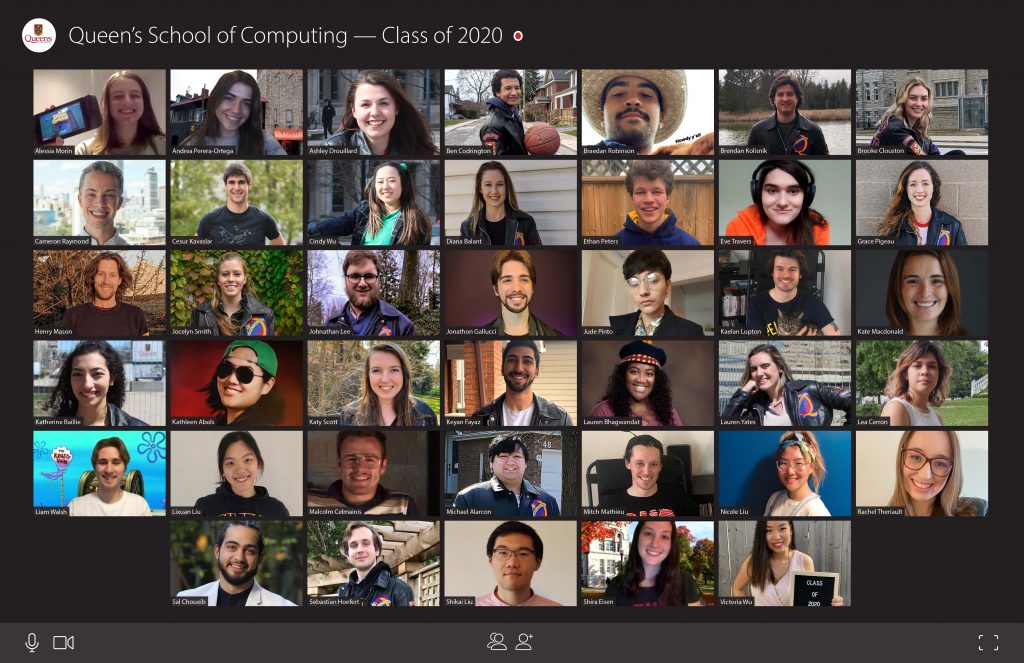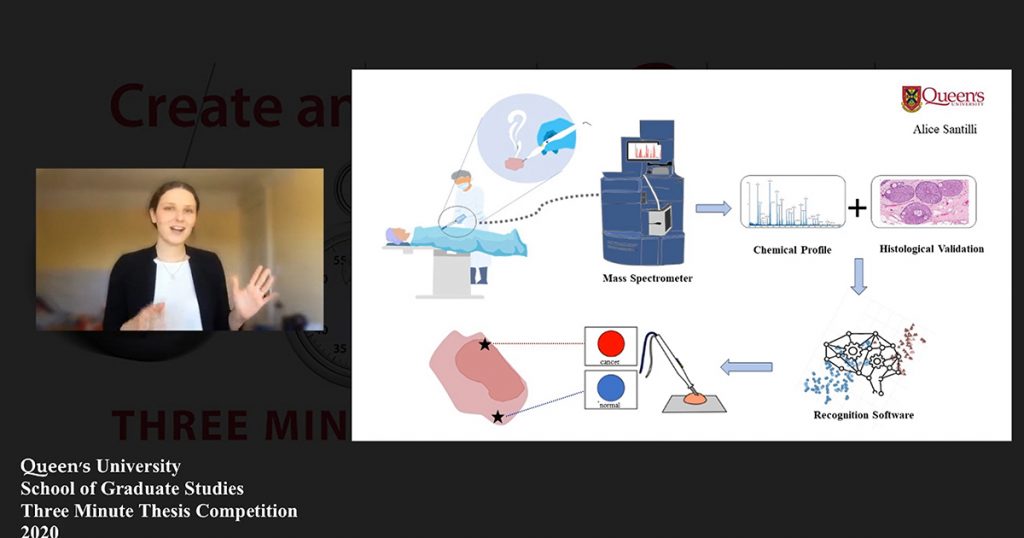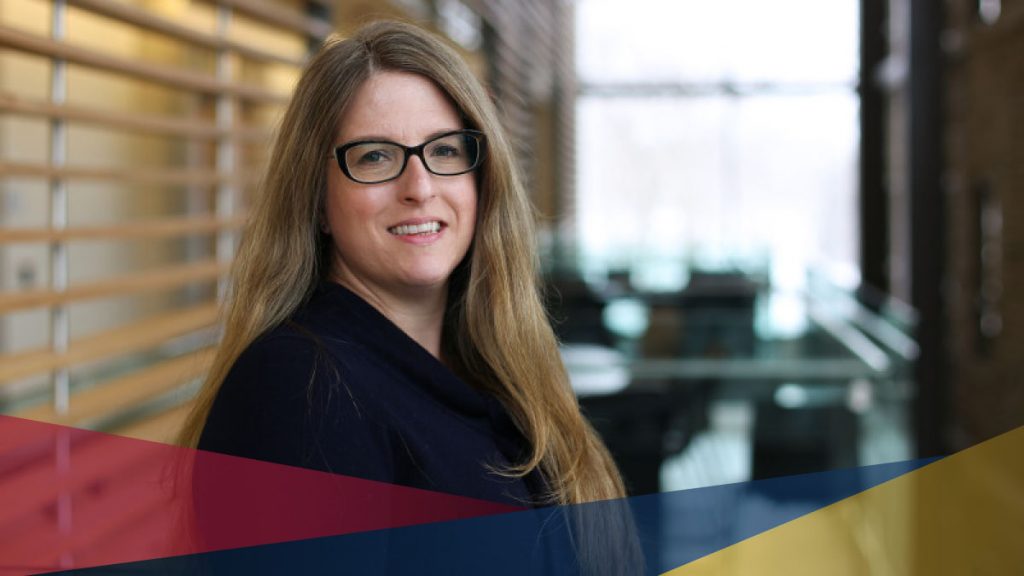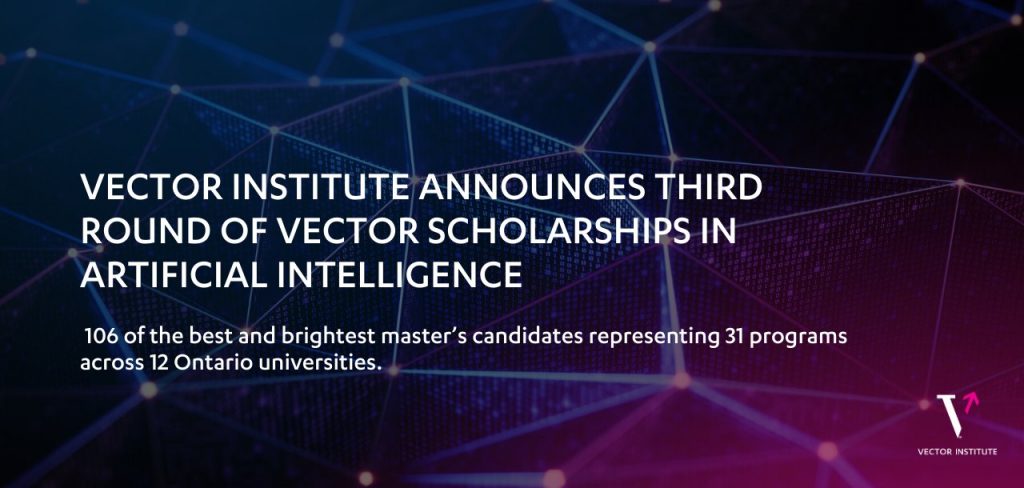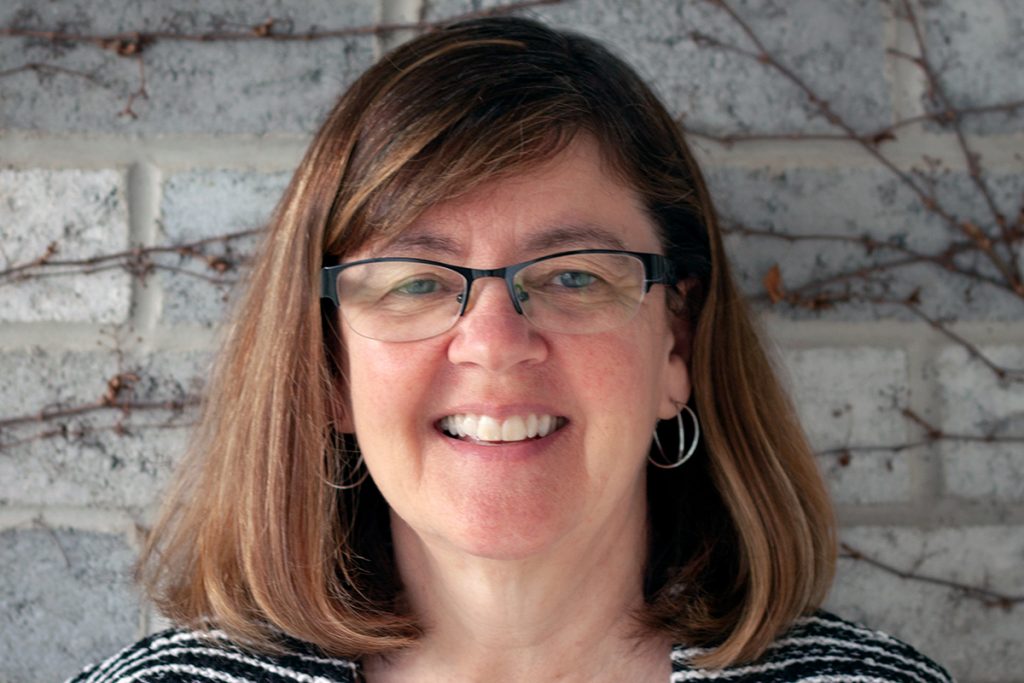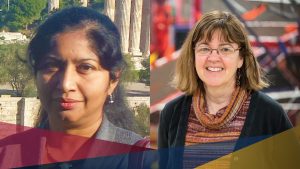As COVID-19 restrictions continue to ease, the uncertainty of contracting the virus still remains. In an effort to bridge this gap, the Trudeau government will launch a smartphone app which will alert Canadians when they’ve been in contact with someone who has tested positive for COVID-19. Professor David Skillicorn has provided his thoughts on such apps.
Full story:

